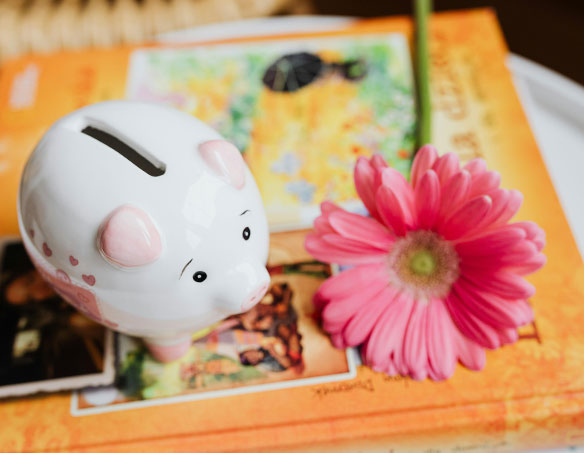The outbreak of Coronavirus brings a lot of uncertainty and the news of the pandemic can be overwhelming and it can take its toll on your mental health and wellbeing. So, what are the best ways to protect your mental health?

Stay Connected
Self-isolation and social distancing may seem like a scary prospect but, don’t forget, everyone is in the same boat. You can agree on ways to keep in touch with your friends, family and work colleagues and check-in regularly. Hopefully, you’ll feel more connected and things
Avoid Burning-out
No one knows how long this pandemic will last, so it’s important to take care of yourself. The government guidance on looking after yourself during this crisis suggests:
will feel more ‘normal’. There are plenty of Apps around, some of which you can video call more than one person at time. But don’t forget you can always call people on the phone as well.
Look after your body
Do:
Don’t:
Look after your mind
Do:
Don’t:
The mental health charity, Mind, also supports the view that you should continue to access nature and sunlight. This could be something as simple as sitting in the garden or at least opening your windows to let the fresh air in.
AnxietyUK suggest practicing the “APPLE” technique to deal with your worries and anxiety.
Have Breaks from Social Media

Although it’s important to stay connected to your friends and family, Social Media can be a trigger for anxious thoughts and feelings. Conspiracy theories and misinformation flood social media at times like this. It’s important to only listen to news from reputable outlets. Some things you can do to help:
- Mute key words which may trigger your anxious thoughts.
- Unfollow or block accounts which are spreading misinformation or flood your timeline with posts that make you anxious or uncomfortable.
- Mute WhatsApp or other group chats if the topic becomes overwhelming.
Although it may feel that you’re not in control of a lot of things at the moment, the information you receive from Social Media is something you can control. If you don’t like it you don’t have to read it.
You could always watch TV or read a book instead.
Access Support and Treatment
If you need support or access to treatment for how you’re feeling, ask if you can have an appointment with your GP by phone. If you’re receiving treatment for an existing mental health issues, speak with your therapist to see how they can help you.
Helping Young People Cope with Stress
It’s not just adults that will have to deal with the stress and anxiety brought on by the Coronavirus outbreak. Young people may also be struggling to cope with the changes in their routine. Students may be worrying about the cancellation of important exams. Here are some key points to consider if you need to provide that support.
Listen and acknowledge: Children and young people respond to stress in different ways. Sometimes emotionally; becoming upset, anxious, angry or agitated. Or their behaviour can change, such as becoming more clingy or distant. They may even have physical symptoms of stress, such as stomach aches.
Young people and Children may become less anxious if they feel they can express their feelings in a supportive environment. Listen to them and acknowledge their concerns and, if they need it, give them extra love and attention.
 Be clear about the situation: Children want to feel that their parents can keep them safe. Talk openly about what is happening and provide honest answers to any questions they have. Explain what’s being done to keep them safe, and what they can do, e.g. washing their hands regularly.
Be clear about the situation: Children want to feel that their parents can keep them safe. Talk openly about what is happening and provide honest answers to any questions they have. Explain what’s being done to keep them safe, and what they can do, e.g. washing their hands regularly.
Use words and explanations that they can understand and make sure you use reliable sources of information.
It will not always be possible to provide answers to all the questions children ask, or to allay all their concerns, but listening and acknowledging their feelings will help them feel supported.
Connect with them regularly: If you and your children are in different locations, for example staying with their other parent or carer, make sure you remain in regular contact with them. Phone or video calls are a great way to stay in touch. If different arrangements must be made for them to be cared for, explain why this happening in simple terms.
Be aware of how you react: Children are sensitive to how adults react to a situation, so how you react to a situation is very important. It is important to manage your own emotions and stay calm, speak kindly to them, and answer any questions honestly.
Limit their exposure to media and talk about what they’ve seen: Children, like adults, may become distressed if they see repeated coverage of the Coronavirus outbreak in the media. Banning social media or hiding things from them is likely to make them more interested in what is going on and may lead to their imagination taking over.
Consider limiting the amount of media coverage in your household, but talk to you children about what’s going on when you do see media coverage of it. Ask them how they feel about it and address any worries they have. Answer questions honestly but avoid too much detail that may frighten them.


